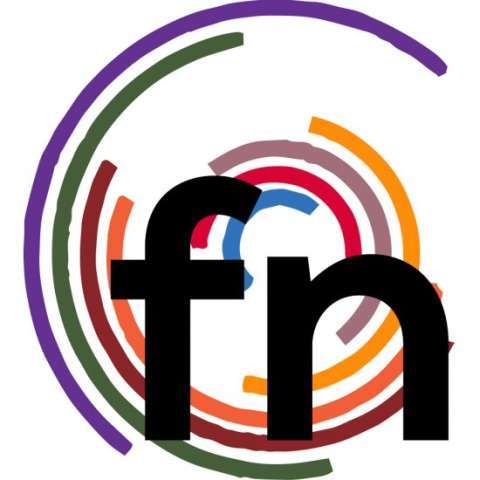Event Pricing Strategy
Daniel Mendelson
Pricing your event is an important component of your event planning process. Setting the right ticket prices can actually increase ticket sales and earn you more returns. However, choosing the wrong event pricing strategy can really bring down its success. Luckily, we've compiled 5 tips that will surely help you through the stressful process of developing a successful event pricing strategy.
Event Pricing Strategy 101
1. Know Your Event
Determining event pricing must be a reflective process. In other words, you have to understand the objectives of your organization and the motivations of your potential audience in order to compose an accurate and successful event pricing strategy.
Ask yourself questions that qualify your event. Is your event brand unique and in high demand? Understanding the demand of your event can really help you price your event tickets accordingly. For example, if demand is high, you can often price your tickets similarly, and vice versa.
The price of your event has a major effect on how people will view it. Depending on the type of event, setting prices too low will prevent people from taking your event seriously, yet pricing too high will reduce the number of potential event attendees.
It's important to understand how your event is perceived by potential event attendees, and to either work to change expectations or to change the pricing of your event.
2. Create Financial Objectives
What are your revenue goals for your next event? This is a lofty question that can be overwhelming for many event planners. According to Tweetwall, here is the basic ticket pricing calculation in order to break even:
From this basic template, you can begin to find ways to maximize revenue, and you now have a better idea of whether or not you are charging too little or too much. Depending on the type of event that you plan, you can often charge more than you'd think. After all, most attendees at large corporate conferences, for example, don't pay for their tickets - their employers do.
If your event won't be covered by many large companies, keep in mind that there are other ways to attain revenue besides event ticketing, like from Sponsors and Exhibitors. So, don't put the burden entirely on the attendee when building an event pricing strategy!
Knowing your financial objectives goes hand in hand with knowing your audience (and your competitors)! Keep an eye out for other events in your industry, and mark how much they are charging for their tickets. Your potential attendees are probably comparing your event to other events in the industry as well!
Read more here!


